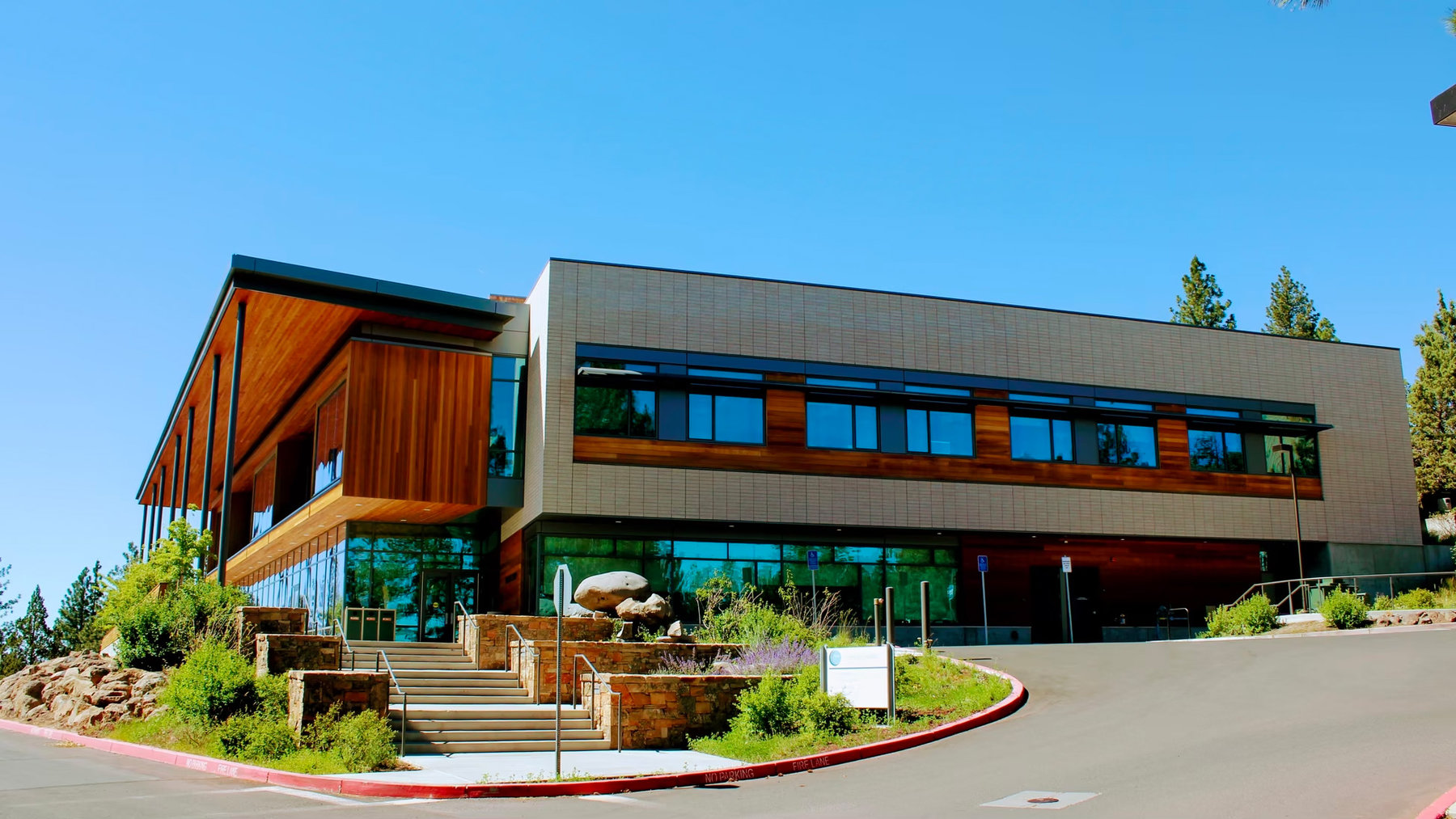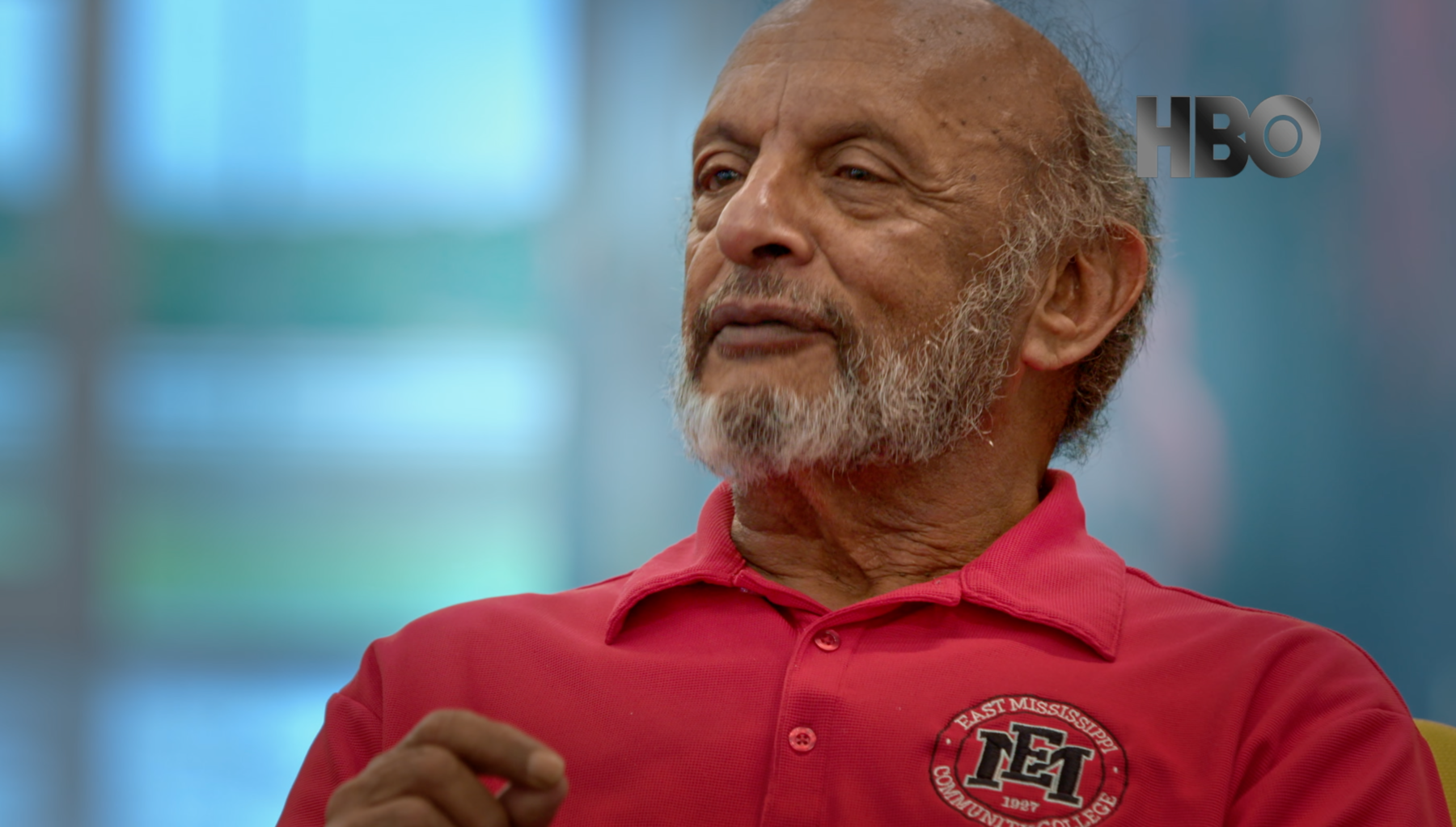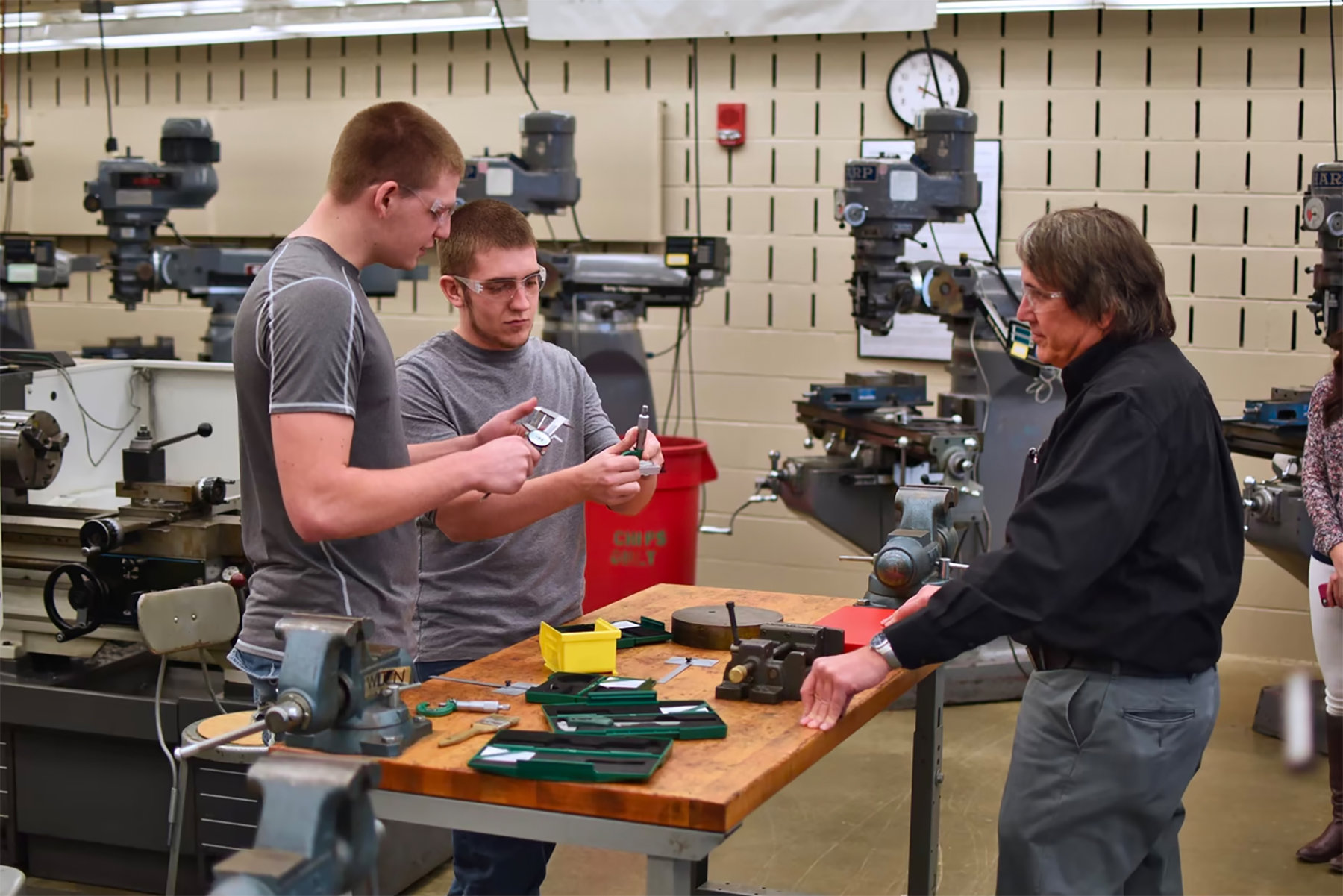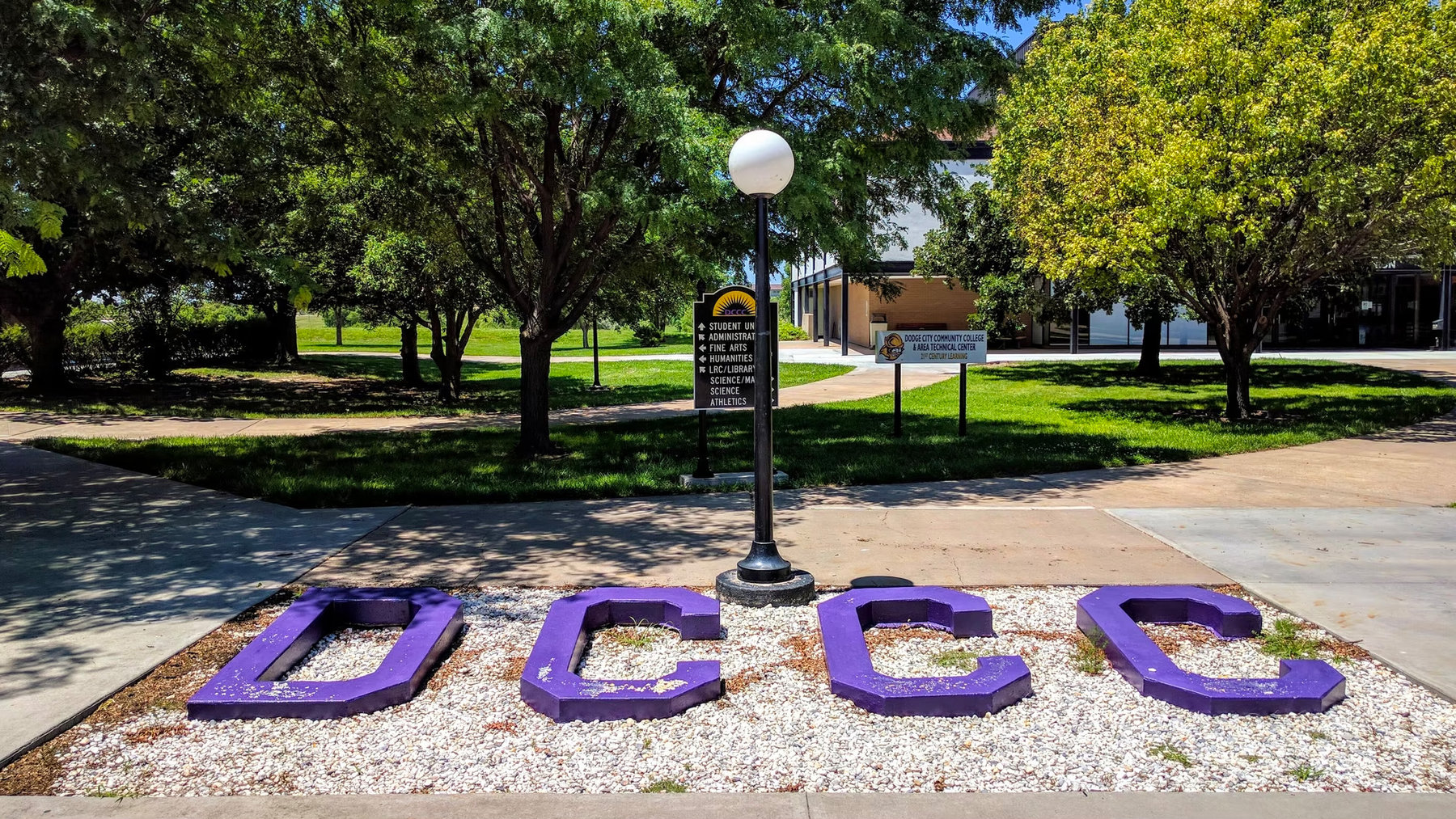Last week I reported on a conference of community-college leaders that Deb Fallows and I attended in Michigan, and about some of the reasons we’ve come to believe that community colleges are so important to America’s economic and civic future.
Readers weighed in with their experiences and views. First, from a reader in Texas:
Unless I missed it, I think you missed one of the additional key assets of community college, at least here in my state. It is a potential GATEWAY.
Neither of our kids were well positioned for college I am ashamed to admit. Our son thankfully went onto [a local community college] from high school graduation. His sister went onto a state college in Texas from high school.
Our son struggled for a few years to gain his academic footing and direction. Our daughter outgrew her original college and moved onto [a state university in Texas], and then to graduation at [another well-known university].
Our son eventually went from community college to graduate from a state university, Cum Laude. None of this would have happened were it not for Texas’s policy on easy transition between community college and state college/university educational institutions once you are in the system and meeting academic standards. And, I would add, automatic acceptance of the top 10% of high school graduating classes.
I have no idea how commonplace this arrangement is across the country, but I have to applaud Texas for this educational feature. Not everybody is ready at HS graduation for a university environment. That should not limit their life’s potential. I hope other states do the same.
I agree with the reader that “portability” of credits through different levels of a public higher-ed system is an important opportunity-enhancing feature. Here’s a detailed example of how one state, California, has tried to ease the process: It has a site called assist.org, which lets students see which credits are transferable from one California public higher-ed institution to another, under which set of rules. (For instance: The site would let you specify that you’d attended San Bernardino Valley College and were interested in the California State University at San Bernardino or the University of California at Riverside. It would then list which credits for which specific courses could be transferred.)
The reader in Texas adds:
Failure at a 4 year university is indelible in GPA/class rank. I still remember the introductory meeting and the “look to the left, look to the right” speech when I started in the 1960s at [a technology university in the Northeast]. Seemed like we had slipped down to Quantico when I walked between meetings. It also appeared to be a badge of honor of sorts for the school.
Today many of these schools still fail about half the entering freshmen. That is not a positive performance metric. As I stated, our son initially floundered some at community college. That was erased when he transferred to the state university.
I think there is in many places a perception that this is a lower economic class issue. Not true in our family. Worth highlighting.
Next, from a reader in Maine:
I agree completely with your take on community colleges and their importance to individuals and to the country. I plan to leave a chunk of whatever I might have left after I die to two area schools instead of to the four year college from which I graduated.
I want to suggest an additional question to add to your list of questions facing community colleges: To what extent do community colleges see themselves as the providers of training, and to what extent do they see themselves as providers of education?
Of course, schools provide both, but do their cultures convey non–skills based courses as annoying requirements or as important elements of what it takes to be a good citizen?
In your article, you consistently use the word training. A skilled welder or nurse who knows little history and is unused to thinking critically is an economic asset but not so much a civic asset.
I agree with the reader’s point—and I know that many of the community-college leaders we’ve met would, too. Most of them recognize that specific “skills” are important but limited, and that what matters in the long run is equipping students for adaptability and success in the broadest terms.
(And, to be fair, I used the word training only a couple of times—see for yourself!)
One more for now, from a reader in California:
I attended a community college in Orange County [California] in the early 1960s before transferring to a four year college. In later years I often attended evening classes in “non-work” areas of interest. I have also enjoyed performing arts and fine arts events by students and local artists at community colleges.
So my experience with community colleges in this large suburban area of Southern California has been very positive …
I think about the word community. The “experts” say that the loss of a sense of community over the past half decade or so is responsible for much of the polarized politics of today.
And then we have the urban-rural cultural divide in America—very different communities …
So maybe the community colleges can help to bridge the urban-rural divide.
How about a community college exchange program between, for instance, L.A. community college and Muncie community college. Mix the rural and urban young people together at a young age. You can get your plumbing education in Muncie (or wherever) and go back to L.A. to get a great job. Or, you might find that Muncie, Indiana, is a great place and decide to stay there.
Yes, the details of this are a little off. Muncie, Indiana, is a sizable industrial city, the home of a major public university (Ball State) and with a population of some 100,000 in the metro area. And interstate transfer programs would be out of the question financially for many community-college students. But these are details: The reader’s concept, as a concept about broadening Americans’ experience in their own country, is very positive. Thanks to him and others who have written in.
For completeness, one further personal note. One of my grandmothers, who grew up in the Philadelphia area, had an objectively very difficult life. She was widowed, with three young children (including my mother), while in her 20s. She suffered many subsequent losses and hardships. She worked as a department-store salesperson through most of her adulthood.
When she was in her 60s and had come to live with our family in California, she began taking courses in the adult-education night school offered by our high school, and then at the local community college. Among other things, she studied English and creative writing, and she spent her later years earning a modest income as a writer. She endlessly mailed out short stories to magazines, and had some published. She wrote greeting-card verses on a piece-rate basis for all the major card makers. She composed, and sold, double-crostics and similar word puzzles. It wasn’t glamorous, but it was a different kind of life than had been available to her before.
I hadn’t thought consciously about this community-college connection until recently. But no doubt this is part of why I value the power of these institutions to give people another chance.




